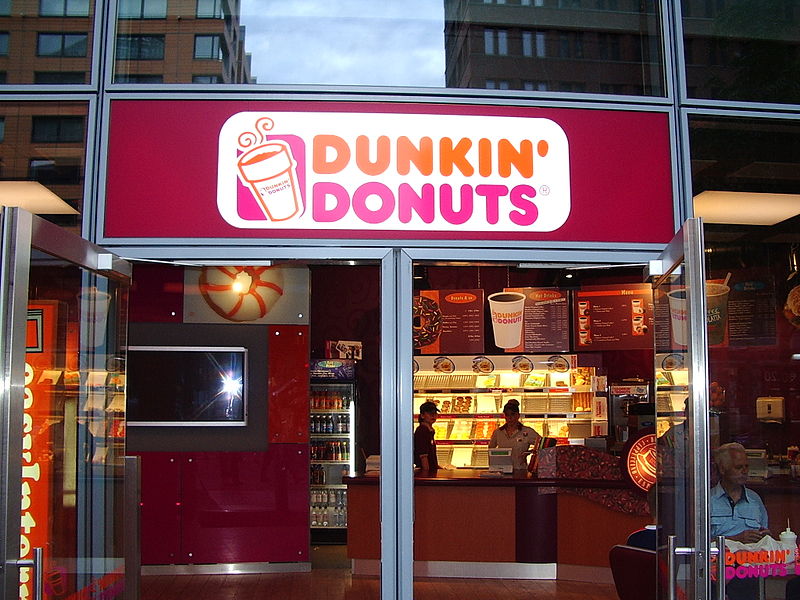The question that many are now asking is whether or not the achievement is of the brand or the system.
Dunkin’ Donuts has had its own mobile app for a while now, and this application allows smartphone users to be able to accumulate loyalty points as well as make mobile payments in order to complete their transactions while in stores, but recent data is now causing many to ask whether the same successes seen at Starbucks could be possible in this rival franchise.
Some data regarding the usage of this mobile app has provided insight into this coffee shop trend.
According to a report issued by BI Intelligence, which provided then results of some number crunching with regards to the data that Dunkin’ Donuts has made available, there are a number of points that can be understood about the way that the mobile payments app is being used at that company’s locations. Though that company does not report the actual dollar volume that is achieved as a result of transactions over mobile devices, the data that they have provided still shows some interesting trends.
The Dunkin’ Donuts data has provided some indications with regards to the traction of the mobile payments app.
 Among the points reported by BI Intelligence included the following:
Among the points reported by BI Intelligence included the following:
• The Dunkin’ Donuts mobile app has, according to the company’s own figures, already been downloaded more than 10 million times. It was originally launched in August 2012.
• The Starbucks application is currently reported to be maintaining 12 million active users in North America.
• At Starbucks, more than 15 percent of all of the transactions completed in the United States locations are m-payments.
The BI Intelligence report stated that one of the primary drivers of success of the Starbucks mobile payments app is the company’s loyalty program. Dunkin’ Donuts has clearly used a similar strategy in encouraging the adoption and use of its own application. When using that app, customers are able to build “DD Perks” rewards points, which can later be redeemed in order to obtain free items such as beverages. QR codes are also central to the verification process for transactions in the apps of both companies.

 The report is produced by Arxan and it has provided an update over the indicators that have been published in previous years with regards to the prevalence of mobile security issues in the form of hacked apps over the two largest smartphone platforms, Android and iOS. Considering the rapid growth of the global mobile app usage, the insight provided in this report could be quite important.
The report is produced by Arxan and it has provided an update over the indicators that have been published in previous years with regards to the prevalence of mobile security issues in the form of hacked apps over the two largest smartphone platforms, Android and iOS. Considering the rapid growth of the global mobile app usage, the insight provided in this report could be quite important.